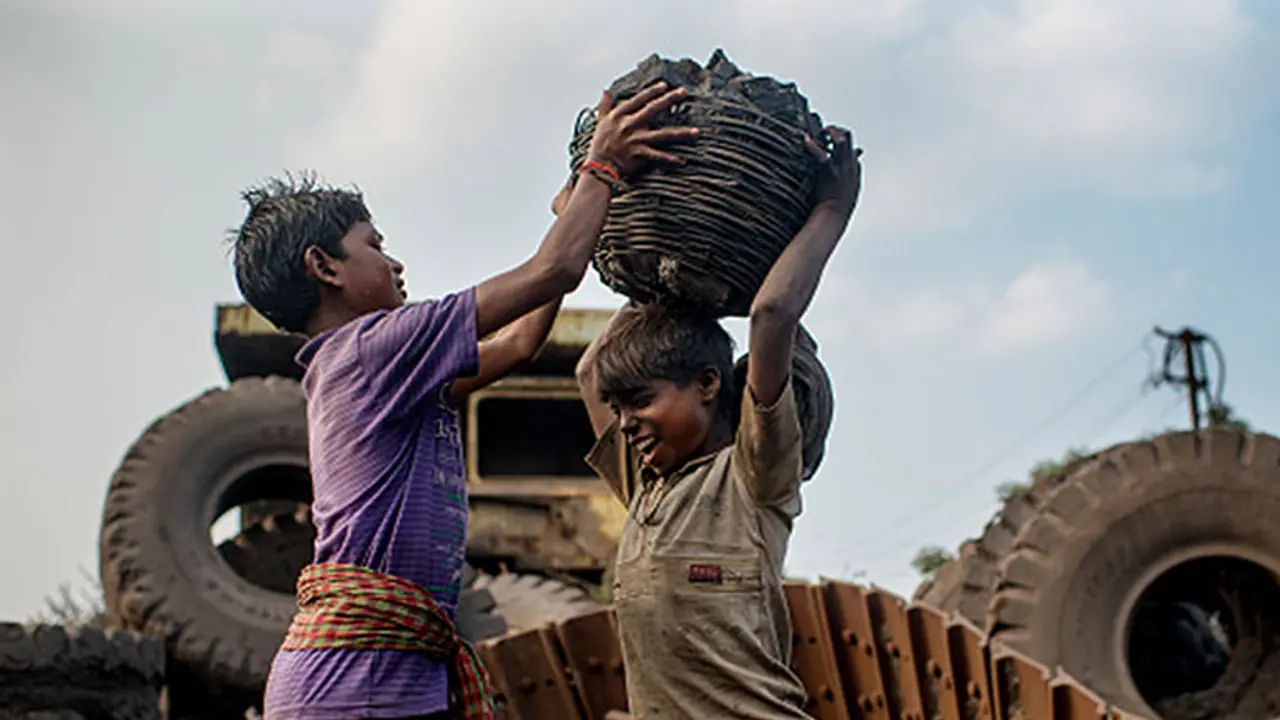A UN body has expressed serious concern over the changes made in India's child labour law which allows children to work in family enterprises and reduction of hazardous professions, saying it could lead to more children working in unregulated conditions.

Although UNICEF India welcomed the law which prohibits children under the age of 14 from working, it also expressed concern over the provision of children working in family enterprises as it could further "disadvantage" the most vulnerable children.
Referring to the 2011 census, which says that child labour rates in India are highest among Scheduled Tribes (ST) at 6.7% and Scheduled Castes (SC) at 3.9%, UNICEF India said that in both groups, children in rural areas are more likely to work than children from cities while many girls and boys working are forced to leave school.
"The provision, 'where the child helps his family or family enterprises, which is other than any hazardous occupations or processes outlined in the Schedule, after his school hours or during vacations' raises serious concerns, as it legitimises family work and could further disadvantage children from poor families.
"UNICEF India is also concerned that the amended Bill substantially reduces the list of professions considered hazardous, which could potentially lead to more children working in unregulated conditions," the body said.
Rajya Sabha on July 19 passed the Child Labour (Prohibition and Regulation) Amendment Bill, which prohibits employment of children below 14 years in all occupations or processes except where the child helps his family, with the provision for imprisonment up to two years for any violation.
The bill makes employment of children below 14 years as a cognizable offence for employers and provides for a penalty for parents.
"Under the new Child Labour Act, some forms of child labour may become invisible and the most vulnerable and marginalised children may end up with irregular school attendance, lower levels of learning and could be forced to drop out of school.
"Secondary enrolment is still lagging behind, especially for the most vulnerable children, who are working," said UNICEF India's Chief of Education Euphrates Gobina.
